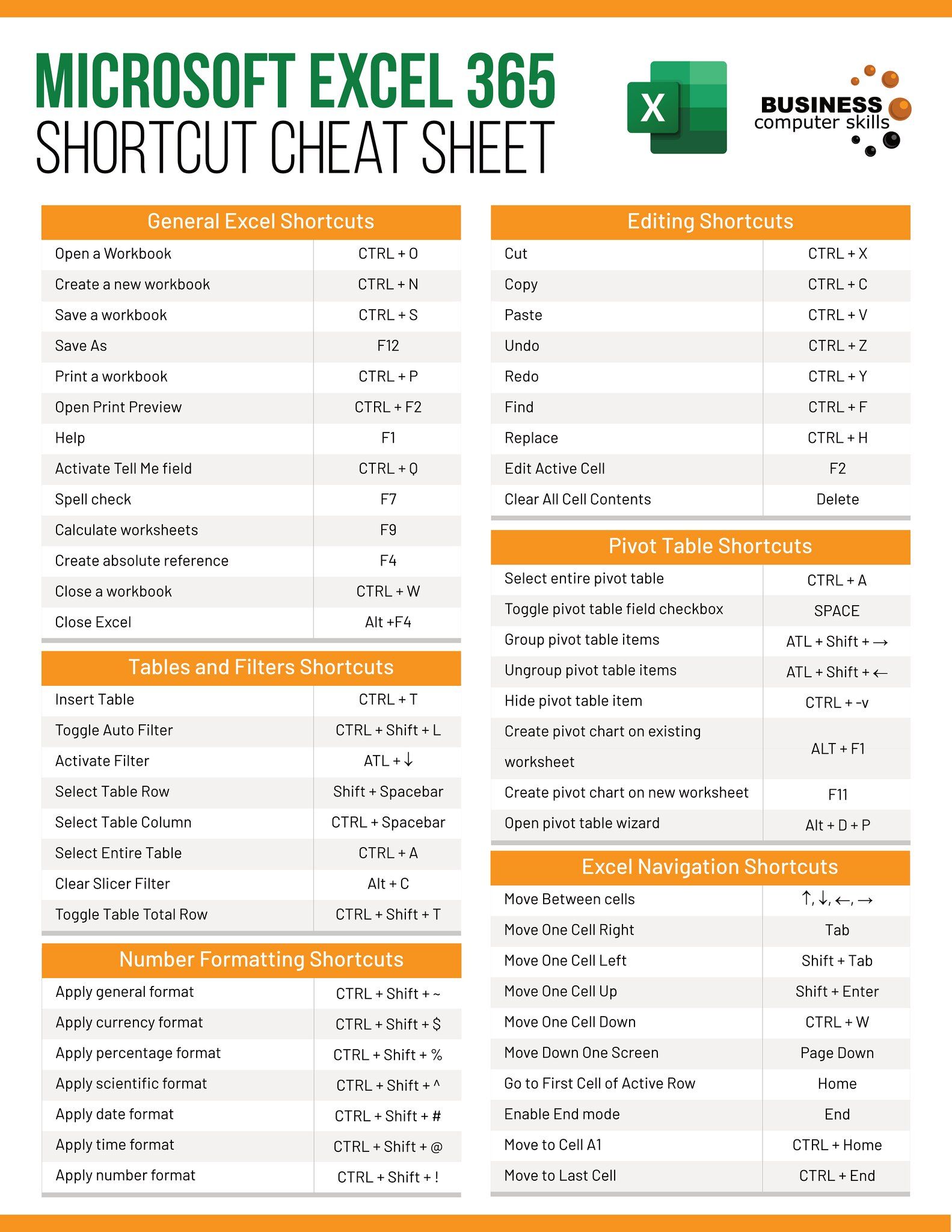Essential Paperwork for Starting Your Fabrication Shop

Getting Started: Understanding the Importance of Paperwork

Starting your fabrication shop is an exciting journey, but it’s also one fraught with regulatory hoops and legal documentation. Paperwork might not be the most thrilling aspect of your new business venture, but it is critical for compliance, legal protection, and the smooth operation of your shop. In this comprehensive guide, we’ll explore the essential documents you need to gather, review, and file when setting up your fabrication shop.
Permits and Licenses

Before you can even think about hammering the first piece of metal, you need to ensure your business is legally permitted to operate in your area.
- Business License: This is your fundamental permit to conduct business. The requirements and the issuing authority might vary by state or local jurisdiction.
- Building or Zoning Permits: Fabrication shops often require specific zoning due to the noise and industrial activities. Ensure your chosen location is zoned appropriately for manufacturing.
- Environmental Permits: Given the potential for environmental impact, you might need permits related to waste management, air quality, and water usage/discharge.
- Occupational Health and Safety Administration (OSHA) Compliance: This isn't just one permit, but a series of documents ensuring workplace safety, including hazard communication plans, safety training records, and incident logs.
Insurance Documentation

Insurance is not just a safety net; it’s often a legal requirement.
- General Liability Insurance: Protects your shop against claims of bodily injury or property damage done to others by your business operations.
- Property Insurance: This covers the physical space of your fabrication shop, including equipment and inventory.
- Workers' Compensation Insurance: Mandatory if you have employees, this covers injuries or illnesses that employees might sustain at work.
- Product Liability Insurance: Given that you'll be producing physical goods, this insurance covers defects or injuries caused by your products.
Leases and Real Property Agreements

If you’re leasing or buying a space for your shop:
- Commercial Lease Agreement: Carefully review terms like rent escalations, maintenance responsibilities, and the ability to modify the space for your needs.
- Property Purchase Agreement: If you're buying, you'll need a solid agreement that outlines all financial and zoning responsibilities.
Business Structure and Registration

Your business structure will influence your legal obligations and tax liabilities:
- Articles of Incorporation or Organization: Depending on if you're forming an LLC, corporation, or partnership, you'll need to file these to officially register your business.
- Employer Identification Number (EIN): This IRS number is essential for tax purposes and employee hiring.
Financial and Tax-Related Documents

Financial documentation ensures your business is in a solid position to start and sustain operations:
- Business Plan: Though not a legal document, it's essential for planning, securing loans, and showing your business's viability.
- Bank Statements: Keep records of all financial transactions, which will be necessary for tax filings and potential audits.
- Accountant and Bookkeeper Records: Having professional accounting support ensures compliance and accuracy in financial reporting.
Employee-Related Documentation

If you plan to hire, here are the documents you’ll need:
- Employee Handbook: Outlines company policies, including workplace safety, employment at-will, and your expectations.
- I-9 Forms: Verifies the identity and employment authorization of individuals hired for employment in the U.S.
- W-4 Forms: Required for payroll and tax purposes.
💡 Note: Keeping comprehensive and up-to-date employee records is not just good practice; it's a legal requirement. Ensure that you have all necessary documentation for every employee from day one.
The paperwork involved in starting a fabrication shop might seem overwhelming at first, but once you have it all in order, it forms the foundation of a legally compliant and well-structured business. This guide has outlined the essential documents you’ll need, but remember:
- Legal Requirements Can Vary: Always check with local authorities for specific requirements.
- Regular Updates: Some documents, like permits and insurance, need regular renewal or updates.
- Professional Help: A lawyer or business consultant can help you navigate this process.
By ensuring you have these documents in place, you’re setting up for success not only legally but also operationally, paving the way for the innovative and productive start of your fabrication shop.
Summing Up the Key Points
Starting a fabrication shop involves navigating a maze of legal and financial documentation. From permits and licenses to insurance, business structure, and employee-related paperwork, each piece is crucial for running a compliant and efficient business. Keeping up with these documents ensures you’re well-prepared for your journey in the manufacturing world, providing a solid foundation for growth and innovation in your fabrication shop.
What zoning regulations apply to fabrication shops?

+
Fabrication shops are usually zoned for industrial or manufacturing areas. These zones are designed to accommodate heavy machinery use, noise, and potential environmental impacts.
How do I choose the right insurance for my fabrication shop?

+
When choosing insurance, consider what you’ll be fabricating, your location, employee count, and the scale of operations. Look for comprehensive coverage tailored to the risks inherent in manufacturing.
Can I start my fabrication shop as a sole proprietorship, or should I form an LLC?

+
A sole proprietorship is simpler but offers no personal liability protection. An LLC provides that protection but involves more paperwork and fees. Consider the long-term implications for legal protection and taxes when choosing your business structure.



